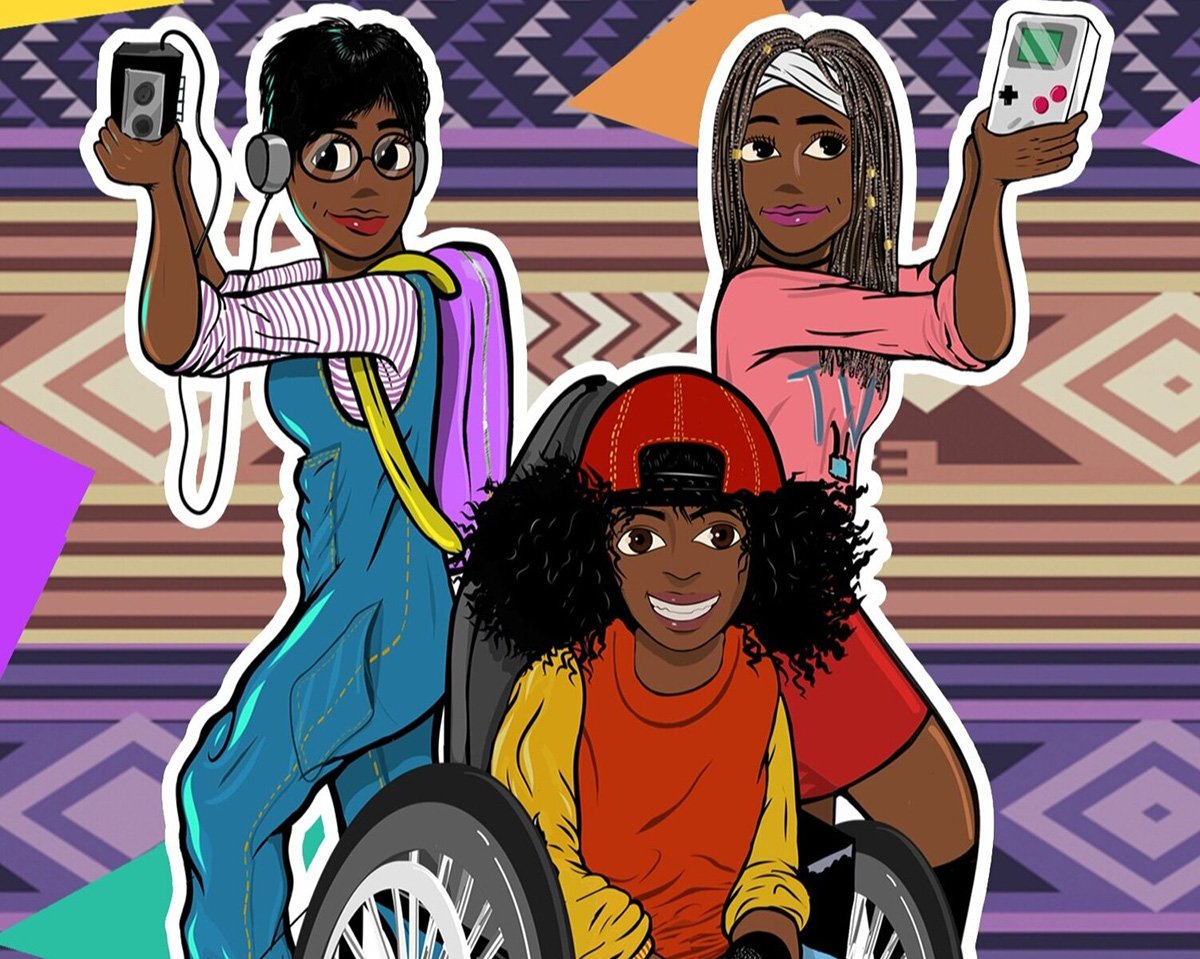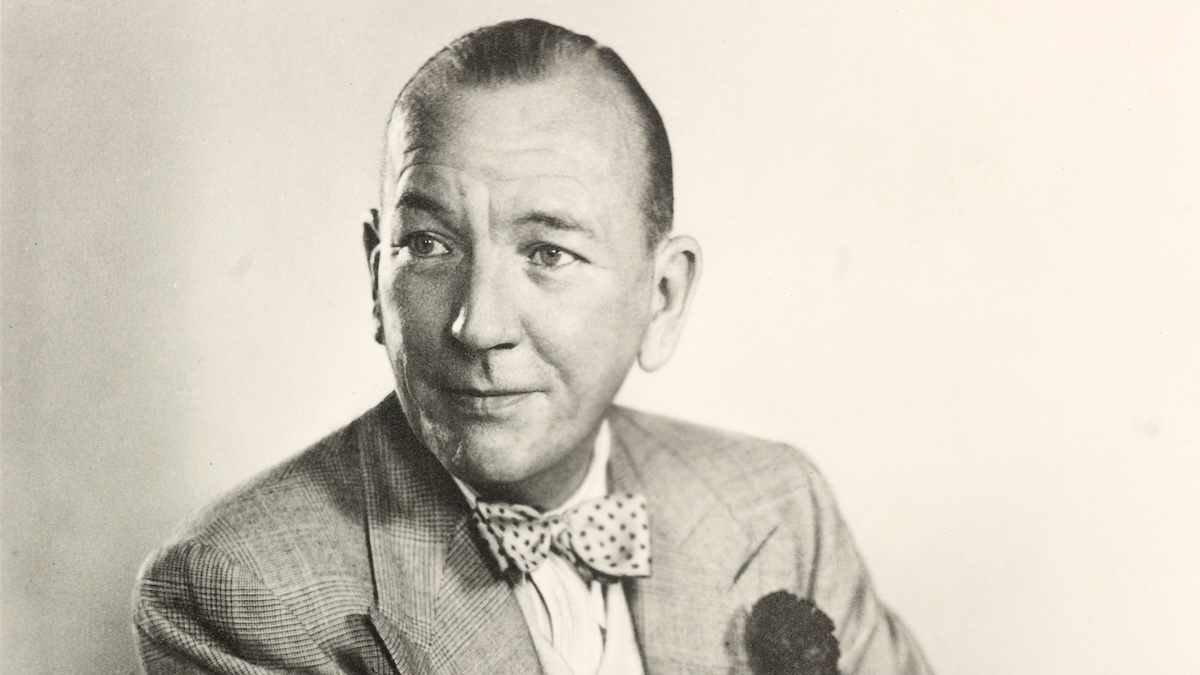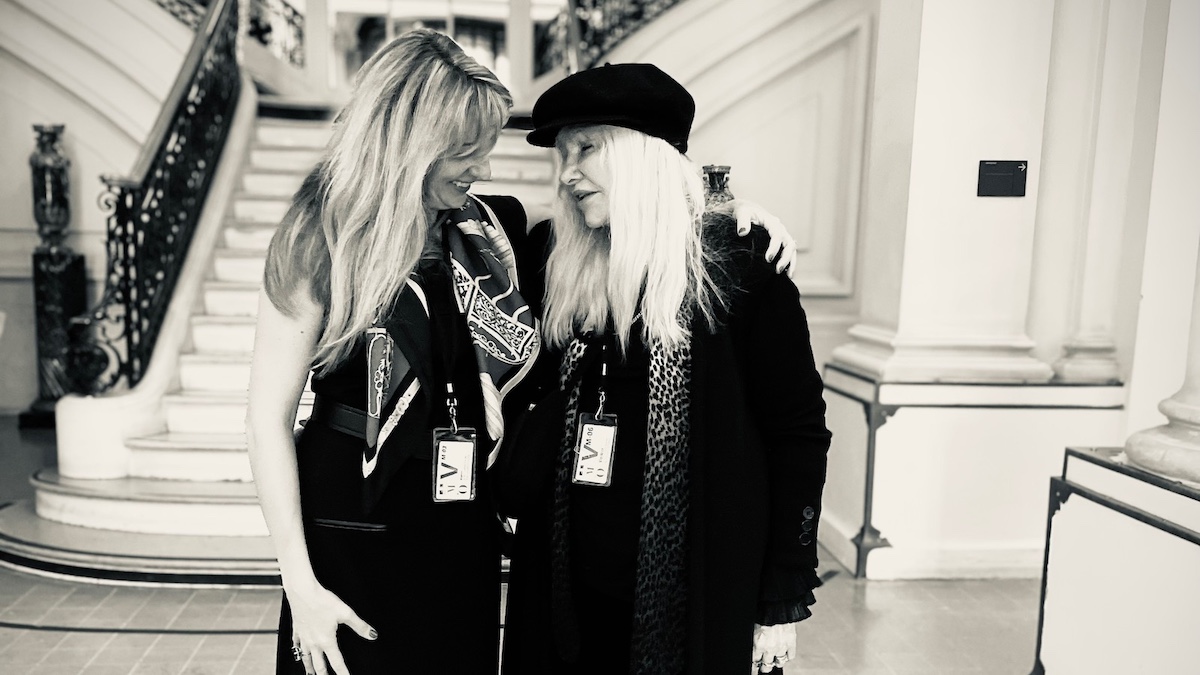
Playwright Matilda Feyiṣayọ Ibini talks about bringing her own, personal story of Little Miss Burden to life on stage and the challenges of this, as well as offering tips for anyone wanting to write a play of their own.
How does it feel to have Little Miss Burden, your autobiographical play, out in the world?
It felt scary but also a little relieving. It was a story I had avoided writing for so long. Now that it’s out there, it frees me up to write the other stories that have been bubbling in my mind. I feel very proud of what Debbie [the director] and I, the cast and creative team created.
How did your writing process for this show differ in comparison to writing your other plays?
I think it’ll always be difficult to write something that is super personal, irrespective of how much you change the details about the real events or people. I felt I needed to develop my craft first and I needed to be at this point in my life to be able to write this particular play. I think some plays that I will go on to write, may require me to grow, live and experience the world a bit more before I can write them. It would have been a completely different play, had I written this five years ago.
The show explores the story of having to live with a chronic condition. Has having a disability impacted on your writing, or the stories that you want to tell (or see) on stage?
Without a doubt, growing up a Black, disabled, queer woman in the UK, I have often found it incredibly challenging to live my life in a world that unfortunately provides an innumerable amount of barriers that restrict the choices I can make in my everyday life. Having a disability is part of my identity, it affects every facet of my life; the way I move through the world but also the way I’m perceived in the world, so the way I write and tell stories will reflect that. As a writer, it has helped me to think more creatively in my writing; I feel I have developed a unique insight into understanding the world and my place in it.
Do you think that the arts have become more inclusive for those with disabilities in recent years?
They have in a way, but there is still a hell of way to go. I think a lot of the delay in more inclusive work is structural and a lack of understanding of the barriers disabled people face in their everyday lives. For me personally, a lot of my time is spent surviving under a government that would rather eradicate disabled people because they view disabled lives as worthless. It is expensive and exhausting being disabled in an intrinsically ableist world. When you’re fighting and struggling just to stay alive, when would you have the time or energy to develop your skills or train in your art form or create work?
What advice would you give to aspiring writers who feel a little fearful of putting themselves out there?
I understand that fear, but your voice is needed. When I’m nervous or worried, I always hear my older sister’s voice telling me ‘if you don’t tell this story, who will?’ No one can tell stories the way you can – your perspective is your strength. It doesn’t matter if you haven’t had any work staged or not, if you’re writing you’re a writer. That is the starting point for all writers’ journeys, and like anything, it takes practice to put yourself and your work forward.
The first time is always the scariest but once you’ve done it, it means you can do it again. Rejection sucks:, it will always sting and will be an unavoidable part of your career, but a rejection should only be a comma in your career and not a full stop. So allow yourself time to grieve, but then you have to move on. Rejection isn’t always about you or the quality of your work. Every time you put yourself and/or your work out there, it improves your chances of finding your tribe of collaborators and supporters who could be crucial to your career, especially as writing itself can be very lonely. Your work is an invitation to collaborate, so get sending.
Do you have any tips for anyone wanting to stage the play in future?
Disability is not a costume. It is imperative that Little Miss is played by a performer who is a wheelchair user or has a physical impairment. This is a story about growing up with a physical impairment in a world designed against you, therefore this production must not be designed against the performer.
Be open-minded, have fun and be playful with how you stage it. Representation shouldn’t just happen on stage. Take everyone’s access needs seriously and into consideration whether they be cast, creative team, or audience member. Access is a human right, not a luxury, not special treatment, and should definitely not be an afterthought in future stagings. Don’t hesitate to get in touch if you have any questions regarding staging and how we originally staged it, if you need any tips.
Which Sailor Moon character would you invite over for dinner?
Sailor Jupiter. I feel like I kind of know Sailor Moon but have always felt a natural affinity to Sailor Jupiter – she has a great personality. I also love that her star power is connected to lightning. She’s a badass!
…
If you’d like to experience Little Miss Burden, you can license your own production, or get yourself a copy of the playscript!

Noël Coward’s Travels

Kate Chopin in New Orleans: Mother-Daughter Author Duo Collaborate on Historical Book

